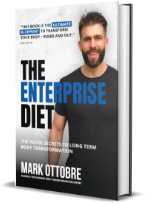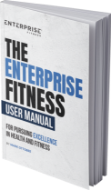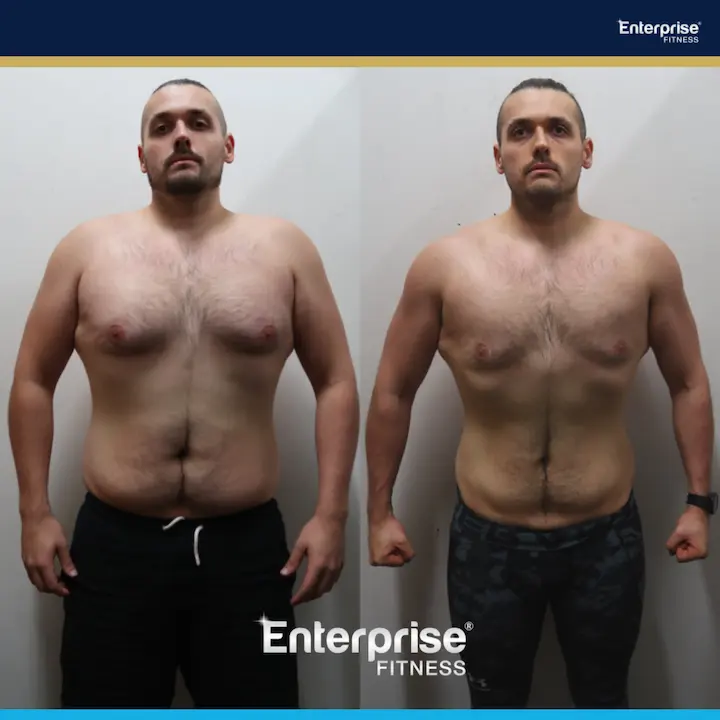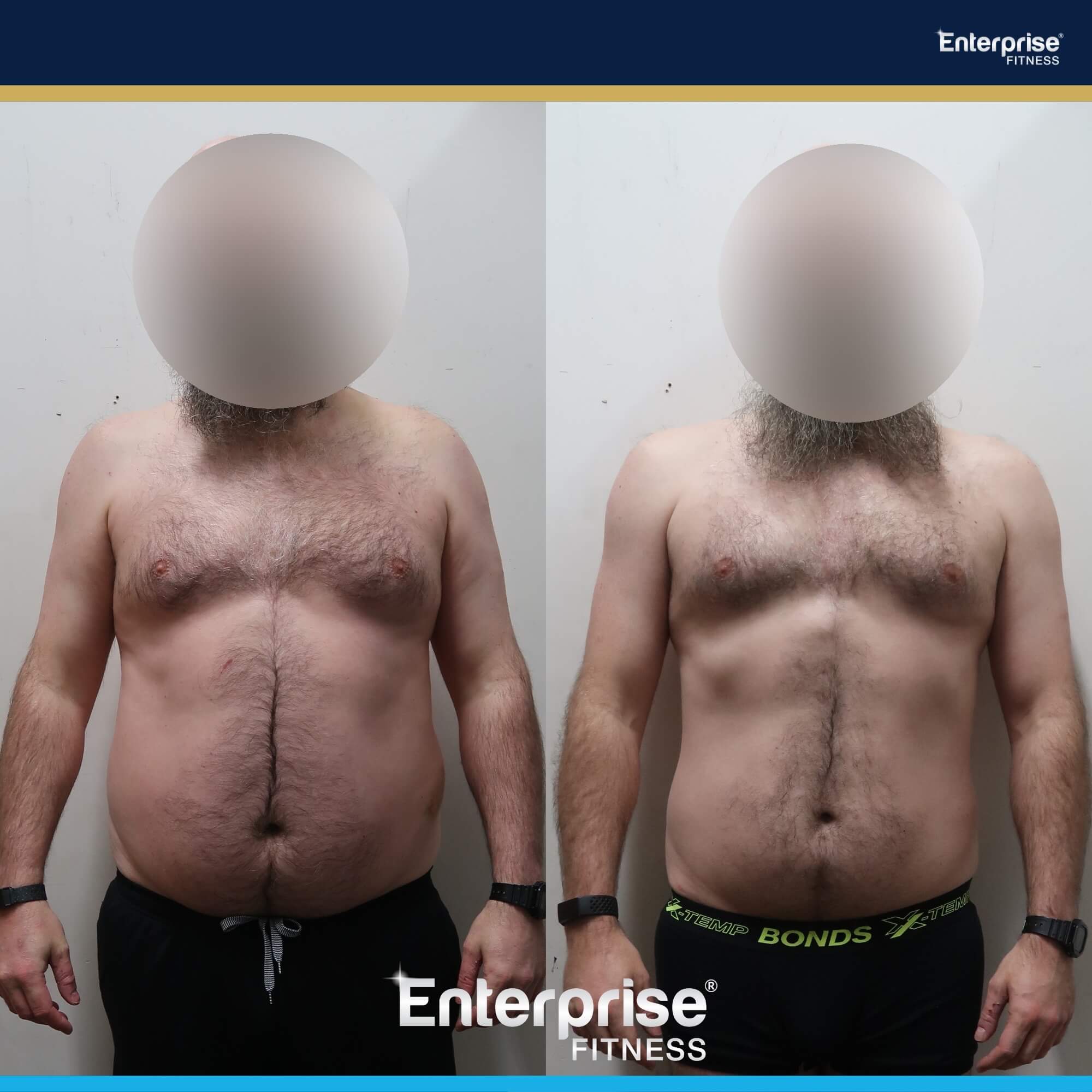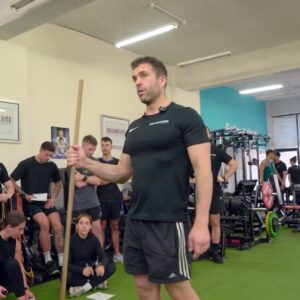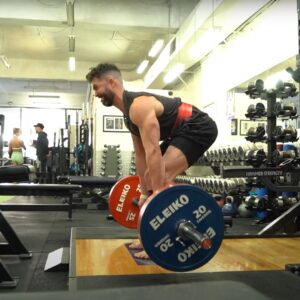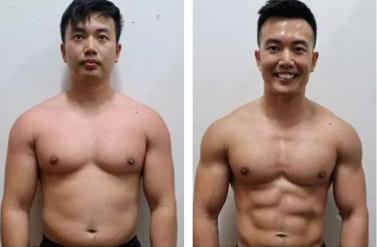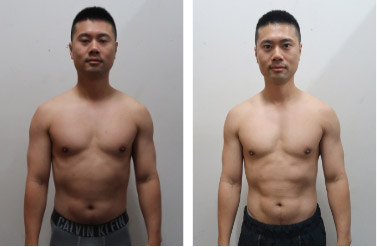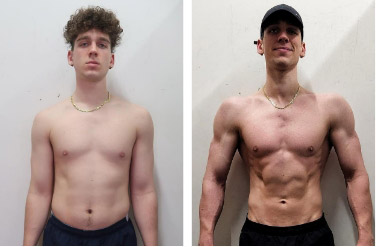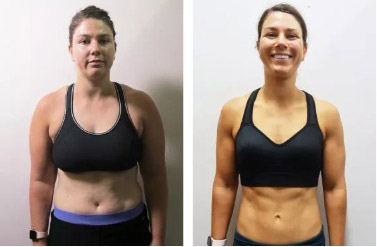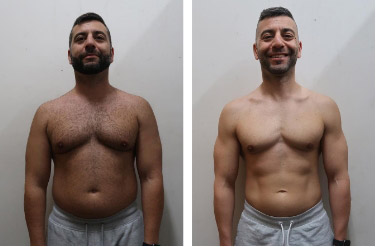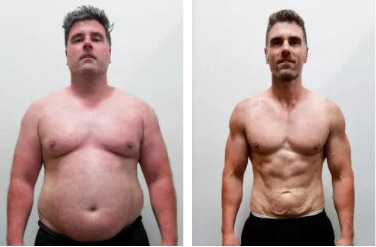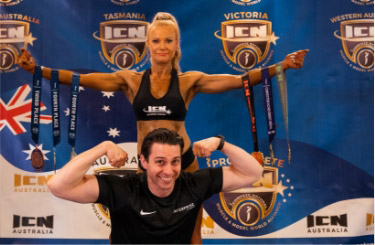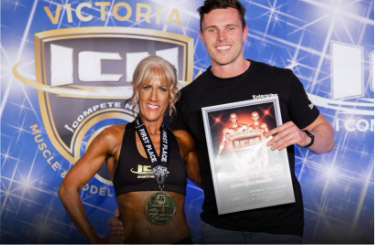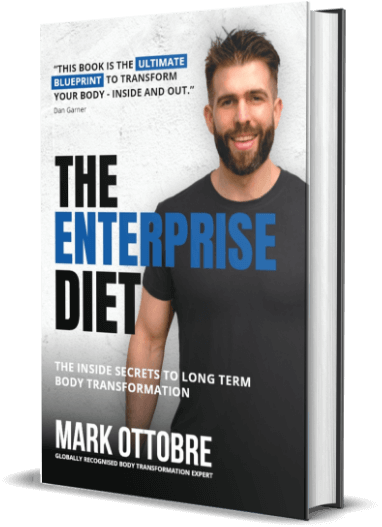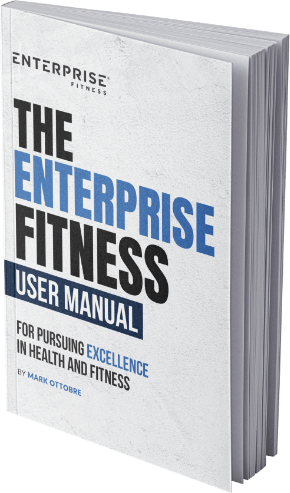Late night eating links to early morning appetite
By Mark Ottobre, owner and founder Enterprise Fitness
Changing Meal 1 habits is often met with resistance. People say, “But I’m not hungry first thing in the morning!”
–
I want to know:
–
1) What do you mean by ‘first thing’?
2) Why aren’t you hungry? There are always reasons.
–
‘First thing in the morning’ doesn’t mean chewing on glazed ribs as soon as you roll out of bed. A reasonable window to consume your first meal is two hours after waking. However, if you are trying to meet a calorie, protein or carbohydrate target, eating within one hour of rising allows you to space out your meals more evenly throughout the day.
–
After analysing thousands of diet journals, I found that a lack of hunger in the morning is usually due to three main factors: a habit of late-night eating, poor digestion or lack of physical activity. Research concurs with my experience as a trainer and coach.
–
Late night snacking is a killer of dreams because it can negatively interfere with your sleep quality(1). Poor sleep has multiple flow-on effects which hinder your willpower, decision-making and hormone regulation. What’s worse, most cases of late night eating are not carefully laid-out macro-specific meals containing protein and vegetables. Instead, evening snacks are mostly high in sugar, fat and salt — the nutrient-devoid, flavoursome foods that you like to soak your brain in after a long, hard day. These foods lead to dysregulated blood glucose during your sleep, which can cause you to wake up. It can also prevent you from staying asleep or reaching the rapid eye movement (REM) phase of deep sleep. REM is the restorative stage of sleep that renews your mental and physical health, a lack of which is associated with an increased risk of obesity and diabetes(2), as well as decreased reaction times and athletic performance(3).
–
Contrary to popular belief that they eat all day, sumo wrestlers consume the majority of their calories over lunch and dinner. Both these meals are followed by sleep. Obviously, the fact that they sleep after meals is not the only factor to their excessive weight gain; such an athlete must be in an extreme calorie surplus. However, it’s still worth noting that the fattest athletes on the planet skip the first meal of the day and eat right before going to bed as a means to becoming ginormously fat. I’m guessing if you’re reading this book with the intent to get in shape, a sumo body shape is the last thing you’d want.
–
From research, epidemiological and interventional studies suggest that skipping food in the morning and eating late-night dinners are associated with a greater risk of obesity(4), metabolic syndrome(5) (which includes insulin resistance) and cardiovascular disease (6). Psychologically, late night eating is linked to anxiety comorbidities(7), distress and depression(8), especially among those who are obese. Research has also shown that skipping breakfast and late night eating are directly associated with one another (9).
–
A study of 3129 Japanese female workers showed that skipping an early meal and eating in an irregular way was strongly associated with poor sleep(10). Furthermore, the study showed an independent association between a low intake of vegetables and fish, a high intake of confectionery and a high carbohydrate diet with poor sleep quality. Translation: if your diet sucks, your sleep will suck. If your sleep sucks, you will be more likely to make bad choices. Those bad choices diminish sleep quality, which impacts dietary choices and energy levels. You can stop the cycle by addressing sleep and diet simultaneously.
–
You can overcome late night eating and get in shape with a psychological and physiological approach.
–
The four psychological signs to be aware of are:
- Boredom
- Fatigue/being tired
- Anger
- Loneliness
If you find yourself in one of these states, eating will not solve your problem. A technique to tackle this dilemma is to have constructive options ready. I recommend creating a list of go-to options and having the list in plain sight, like on your fridge or dinner table. Of course, you should brainstorm these options when you feel positive, calm and acting as the best version of you. Combine this with the previous chapter’s mindset tweaks and a proper diet, and you’ll have yourself a solid plan.
–
The physiological signs are:
- Being hungry
- Not hitting macro goals
- Not hitting meals per day targets
- Purposely skipping meals to burn more fat
- Sudden increases in energy expenditure
- Sudden decreases in energy intake
- Being in a calorie deficit for too long
- Macronutrient deficiencies
- Micronutrient deficiencies
Apart from not eating late at night and finding other ways to deal with emotional situations, a helpful habit to build an early morning appetite is to go for a walk when you get up. When clients ask me how long or what intensity this walk should be, my only specification is that you do it. It can be anywhere from 10 to 50 minutes and the pace is entirely up to you. The aim of this is to get you up, get blood circulating and help you develop an appetite for your first meal. It’s also a great way to clear your head and start your day.
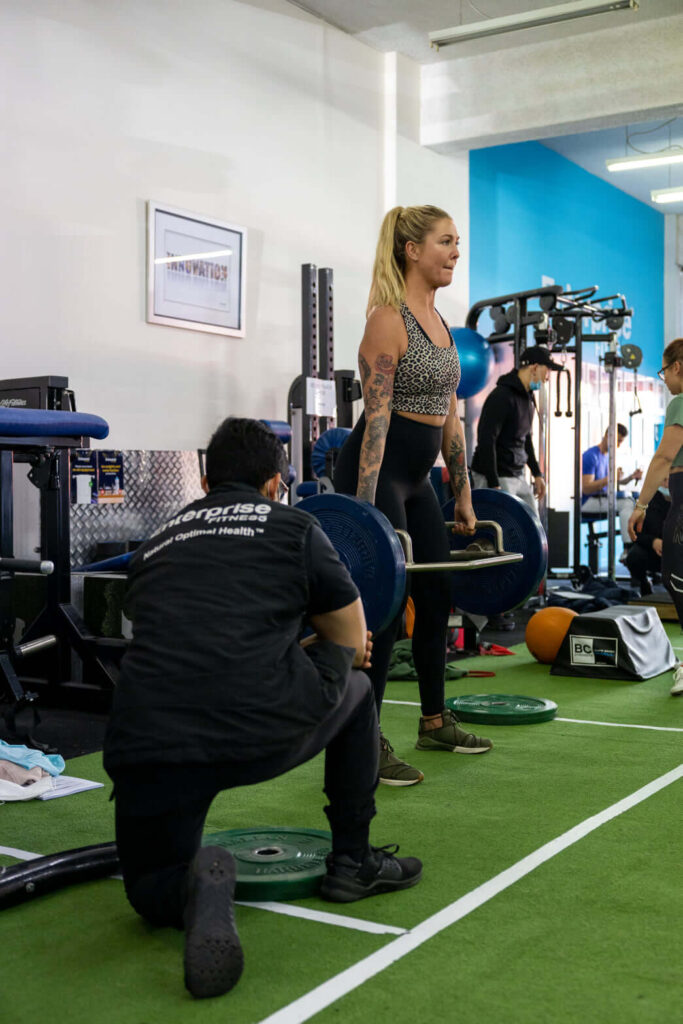
–
References:
- Crispim, C. A., Zimberg, I. Z., dos Reis, B. G., Diniz, R. M., Tufik, S., & de Mello, M. T. (2011). Relationship between food intake and sleep pattern in healthy individuals. Journal of Clinical Sleep Medicine, 7(6), 659-664. Available at https://pubmed.ncbi.nlm.nih.gov/22171206/
- Knutson, K. L., Spiegel, K., Penev, P., & Van Cauter, E. (2007). The metabolic consequences of sleep deprivation. Sleep medicine reviews, 11(3), 163-178. Available at https://www.sciencedirect.com/science/article/abs/pii/S1087079207000202
- Mah, C. D., Mah, K. E., Kezirian, E. J., & Dement, W. C. (2011). The effects of sleep extension on the athletic performance of collegiate basketball players. Sleep, 34(7), 943-950. Available at: https://academic.oup.com/sleep/article/34/7/943/2596050?login=true
- Vander Wal, J. S. (2012). Night eating syndrome: a critical review of the literature. Clinical Psychology Review, 32(1), 49-59. Available at https://www.sciencedirect.com/science/article/abs/pii/S027273581100184X
- Yoshida, J., Eguchi, E., Nagaoka, K., Ito, T., & Ogino, K. (2018). Association of night eating habits with metabolic syndrome and its components: a longitudinal study. BMC Public Health, 18(1), 1-12. Available at https://bmcpublichealth.biomedcentral.com/articles/10.1186/s12889-018-6262-3
- Ofori-Asenso, R., Owen, A. J., & Liew, D. (2019). Skipping breakfast and the risk of cardiovascular disease and death: a systematic review of prospective cohort studies in primary prevention settings. Journal of cardiovascular development and disease, 6(3), 30. Available at https://www.mdpi.com/2308-3425/6/3/30
- Vander Wal, J. S. (2012). Night eating syndrome: a critical review of the literature. Clinical Psychology Review, 32(1), 49-59. Available at https://www.sciencedirect.com/science/article/abs/pii/S027273581100184X
- Calugi, S., Dalle Grave, R., & Marchesini, G. (2009). Night eating syndrome in class II–III obesity: metabolic and psychopathological features. International Journal of Obesity, 33(8), 899-904. Available at https://www.nature.com/articles/ijo2009105
- Vieira Musse, G. N., Moreira, T., Ayumi Kimura, M., Pereira, F. W. L., Okoshi, K., Garcia Zanati, S., … & Minicucci, M. F. (2020). Skipping breakfast concomitant with late-night dinner eating is associated with worse outcomes following ST-segment elevation myocardial infarction. European Journal of Preventive Cardiology, 27(19), 2311-2313. Available at https://pubmed.ncbi.nlm.nih.gov/30995859/
- Kutsuma, A., Nakajima, K., & Suwa, K. (2014). Potential association between breakfast skipping and concomitant late-night-dinner eating with metabolic syndrome and proteinuria in the Japanese population. Scientifica, 2014. Available at https://pubmed.ncbi.nlm.nih.gov/25168926/
